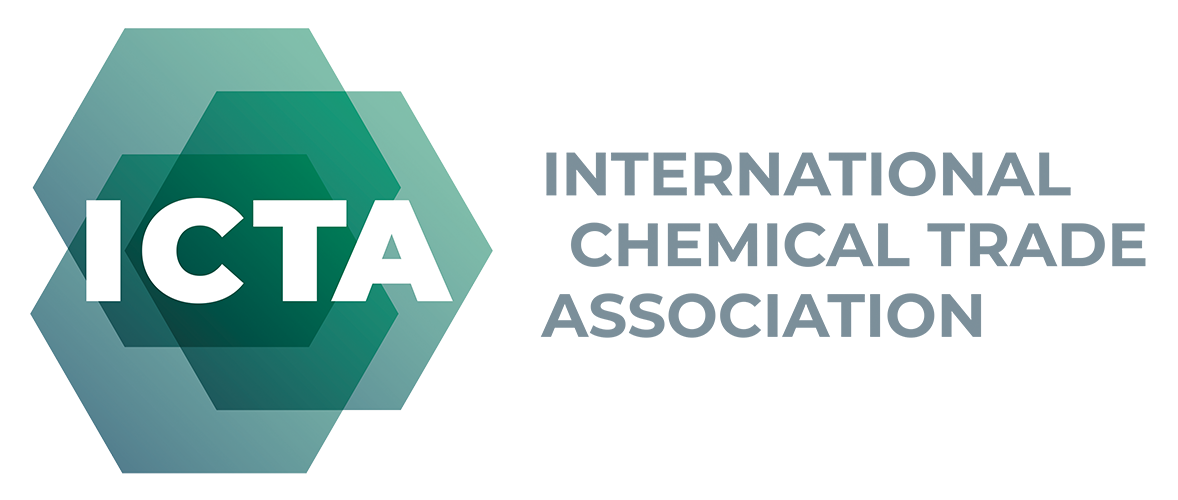Global responsible distribution in the chemical industry is a comprehensive approach that emphasizes safety, sustainability, and ethical practices throughout the chemical supply chain.
Responsible Care/ Responsible Distribution
Responsible Care/ Responsible Distribution is the program through which the chemical supply chain works on major societal challenges, such as pollution, public health and sustainable development. RC/ RD companies commit themselves to continuously improving the environmental, health, safety and security performance of their operations and products. They also commit to reporting openly on their performance and to engaging with society. Responsible Care/ Responsible Distribution is both an ethic and a commitment intended to build trust and confidence in an industry that is essential to improving living standards and the quality of life. The Responsible Care/ Responsible Distribution program was launched in Canada in 1985 and has since developed into a truly global program that is active in 65 countries.

ICTA’s Role in Promoting Responsible Distribution
The ICTA plays a pivotal role in enhancing the professionalism and safety standards of the global chemical distribution sector. Building on the earlier ICTA initiative the Responsible Care/Responsible Distribution (RC/RD) program, a global effort aimed at addressing public concerns regarding the manufacture, distribution, and use of chemicals. In 2025, ICTA introduced the Global Responsible Distribution program to extend these benefits to chemical distributors in countries lacking national associations. This initiative enables local companies and subsidiaries of multinational corporations to enhance their safety, security, and sustainability practices, thereby contributing to a safer and more responsible global chemical supply chain.

ICCA Partnership
ICTA and ICCA work together to further improve global chemicals management. By cooperating, chemical manufacturers and chemical distributors improve the safety and security of chemical supply chains for both people and planet. The efforts focus on improving the chemicals management in less-developed countries by providing technical support and sharing knowledge and expertise. ICTA and ICCA cooperate with local governments, international organizations and other industry associations.
ICTA and ICCA work on issues concerning human health, security and the environment through their joint Responsible Care and Responsible Distribution programs. Already in March 2009 ICTA and ICCA signed an agreement to formally cooperate on programs and since then cooperation has continued to grow. In 2018 ICTA and ICCA renewed their mutual commitment by signing a new memorandum of understanding, see here.


The ICTA RC/ RD program requires a formal commitment from each participating CEO to the eight Guiding Principles. These eight principles are the core of the RC/ RD program:
Legal requirements. Conform with all legal regulations and requirements and should operate in accordance with both government and industry codes of practice and guidance associated with their chemical activities.
Management of risk. Ensue that their activities do not present an unacceptable level of risk to employees, contractors, customers, the public or the environment.
Policies and documentation. Have written documentation, which covers their activities, and ensure that their health, safety, security and environmental policies reflect their commitment to A Joint Responsible Distribution/Responsible Care Program as an integral part of their business strategy.
Provision of information. Provide relevant health, safety, security and environmental information on company products and activities to employees, contractors, customers, statutory bodies and the public.
Training. Ensure that all employees are aware of their commitment and provide the training necessary to enable them to be involved in the achievement of health, safety, security and environmental objectives.
Emergency response. Establish and maintain an appropriate emergency response system.
Ongoing improvements. Support and participate in those activities that will improve the quality of their own operations and strengthen health, safety, security and environmental consciousness and awareness.
Community interaction. Maintain an awareness of and respond to community concerns that relate to their activities.
Click here for the full Joint ICTA RC/RD program.


